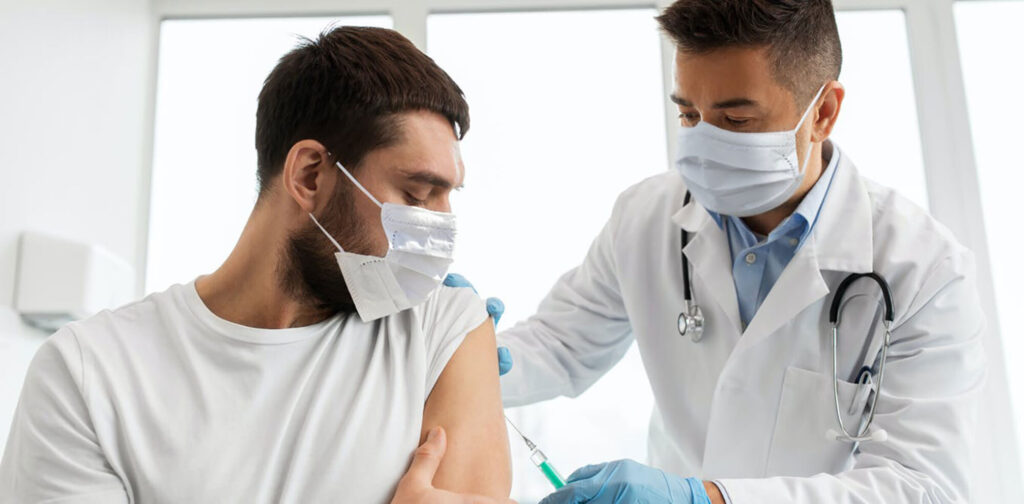The reason why a Covid-19 vaccine has come around so quickly is because a lot of money and resources have been thrown at it. To complete all the steps required to create a safe and working vaccine it takes at least a decade, but with Covid-19, they have all been done in less than a year.
So, as is the case with all medicines, a vaccine goes through extensive and rigorous testing before it can be approved and rolled out to a country’s population. Before any testing happens in humans, the vaccine is first tested on animals in a laboratory. In the case of Covid-19; Ferrets, mice, and monkeys have all been used. That is because all are similar to humans in their physiology and biology.
If the vaccine works and is safe for animals, clinical trials begin!
Involves giving the vaccine to a small number of healthy volunteers, between 20 – 50 people. Here, they are looking at safety, to check whether or not it generates an immune response, and to determine the appropriate dosage.
Involves several hundred volunteers and looks at how effective a vaccine is in humans. This group involves adults of all ages, sexes and, ideally, all ethnicities.
Similar to Phase II but they involve several thousand volunteers. Here the objective is still to determine how effective the vaccine is but on a much broader scale.
Usually these clinical trials run one after another with time given for the data on how safe, effective, and stable the vaccine is, to be looked at to decide whether the trial should progress to the next stage.
Because of the Seriousness of the Covid-19 pandemic, these phases sometimes overlapped. Some were even merged, but all the checks that would normally happen were still being done.
When enough data has been gathered, it is submitted to a country’s regulators for approval. Here Scientific and clinical experts review all the data to see how effective the vaccine is, how safe it is, how stable it is, its quality, and check that it has been manufactured and stored in a way that meets safety standards and public health policy.
In the United States, this is the job of the Federal Drug Administration. If a vaccine is then approved, it can be given to a wider population. During this period regulators keep monitoring health records and data on anyone who receives a vaccine. The same as for any vaccine or medicine.
And every batch of the vaccine that is made is checked for purity and quality before it is sent anywhere.
